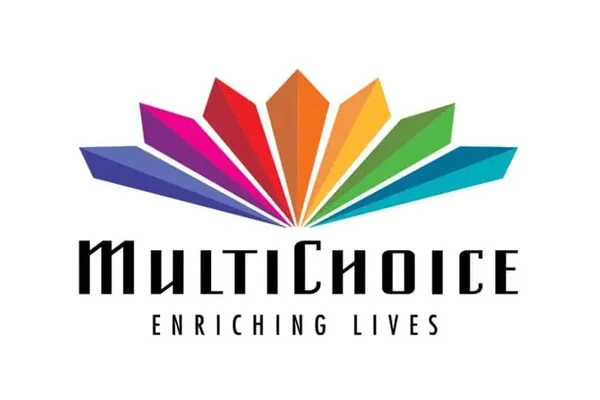
MULTICHOICE: TV FIRM CHASTISES NBC OVER COURT RULING
By Sumayyah Olapade
Metro Digital Limited, an indigenous pay cable television company, has condemned the Nigerian Broadcasting Commission’s refusal to comply with a Court of Appeal in Port Harcourt directive requiring it to address the firm’s complaints about a trade dispute with MultiChoice within 21 days.
On July 13, 2022, the Court of Appeal ruled in favor of Metro Digital in a case of cable TV channel licensing that it had appealed against leading entertainment company, MultiChoice.
In the said ruling, the Port Harcourt Court of Appeal, presided over by Justice Olabode Adegbehingbe, stated that the NBC’s failure to act on the complaint brought before it by Metro Digital amounts to a breach of its statutory duty, and directed the agency to begin the process of resolving the dispute within 21 days.
However, reading the text of a news briefing in Port Harcourt on Friday titled ‘Ending Monopoly in Broadcasting in Nigeria,’ Managing Director of Metro Digital, Dr. Ifeanyi Nwafor, stated that the NBC had yet to hear from the federal government agency as the 21-day directive had expired.
Nwafor stated that the company had made the outcome of the Appeal Court judgment available to NBC at the time of the briefing, but there had been no response.
“The NBC has yet to reach us, and the 21-day directive, I believe, expired a few days ago,” he explained. However, we are collaborating with the federal government to ensure that NBC pays attention to us.”
He warned that NBC would take appropriate legal action if it continued to delay in carrying out its responsibilities in response to the court’s directive.
While noting that the Nigerian broadcasting industry has faced numerous challenges impeding its growth and development since its inception, Nwafor went on to say that it suffers from a lack of competition, exclusivity in content acquisition, channel warehousing, and monopoly from the dominant market player.
“As a result of this practice, Nigeria is the world’s highest paying country for pay TV subscriptions.” Operators in the industry, typically locals lacking muscle, are suffocated and choked to death,” he explained.
Nwafor went on to say that all local pay television firms affiliated with the Association Cable Operators of Nigeria have died as a result of their inability to deal with unsavory business practices in the Nigerian broadcasting space.
“In addition, the demise of these companies resulted in the loss of thousands of jobs across the country,” he added.
Nwafor praised the federal government for introducing the Nigeria Broadcasting Code, which aims to level the playing field for all industry participants.
“We believe that with the abolition of the monopoly, the industry will grow exponentially with numerous innovations.” A large number of jobs will be created. Prices for the Nigerian people will fall as a result of the newfound competition, and the quality of service delivery will improve.
“With a population of 350 million, the United States has more than 400 viable pay-tv companies.” “There is no reason why Nigeria, with a population of over 200 million people, should have only one or two,” Metro Digital’s MD said.
